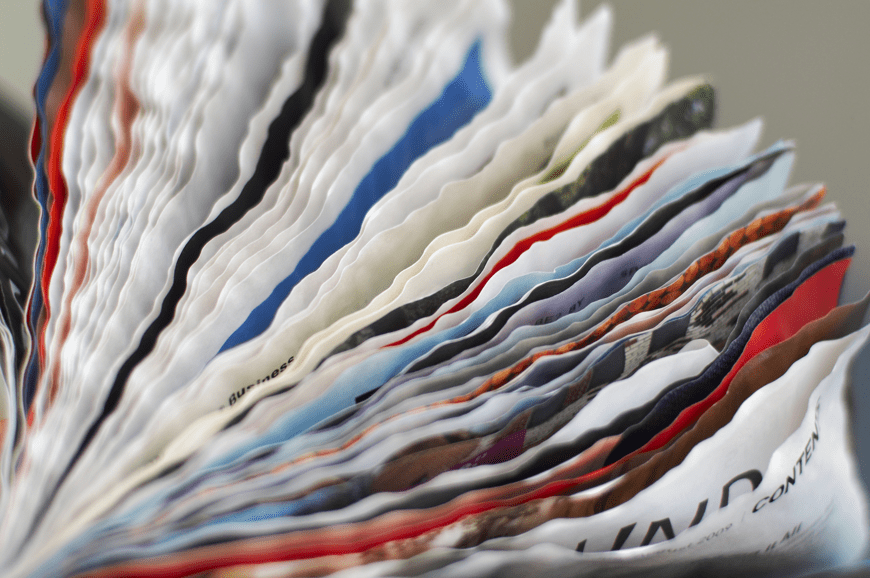
Whether it’s water damage from firefighting efforts, a flood or an overflowing washing machine, it takes patience and special techniques to safely and effectively dry water damaged books. Water can be extremely destructive to books. It has the power to dissolve glue, warp bindings, make ink run, make pages stick together and cause mold to develop. Depending on the type of water damage and its severity, you may be able to treat water damaged books at home by following the steps below.
How to Fix Water Damaged Books Before handling any water damaged books, know what type of water caused the damage. Do not attempt to handle and/or clean books, papers or documents that have been damaged by contaminated water or sewage water. Call ServiceMaster Restore and let the professionals handle this type of restoration. Air drying is an inexpensive way to dry and fix damaged books. Wet books covered with mud or other muck must be allowed to dry first before attempting to remove the dirt. Items needed for air drying books:
- You'll need plenty of space to spread the books out.
- Strong, plain white paper towels
- Fans to circulate the air in the room
As the Cornell University Library advises, do not use any heat sources to try to advance the drying.

Drying Procedure Only use this drying procedure if the books' covers are still in good condition. Do not use this procedure if the covers are falling off or if the books have glossy/coated paper. Books with glossy or coated paper need a freezing technique to salvage the book after it's been water damaged. This is best done by a restoration professional.
- Leave books closed. Don't open the books or fan the pages.
- Cover a flat surface with the strong, white plain absorbent paper towels or another absorbent type of non-print paper.
- Stand the book on end to help allow any lingering water to drain downwards.
- Slip plain, white paper towels between the first page and the binding and then the last page and the binding.
- Change the paper, including the paper on the table after it becomes saturated
- If possible, keep the humidity in the room below 40-percent to help facilitate drying and prevent mold from developing
- Circulate the air in the room with fan without aiming the fans directly at the books
For books that are only slightly damp, lay flat on a surface covered with absorbent paper and carefully place a clean weight on top of the book. As noted by the Library of Congress, with sufficient work space and a controlled environment, air drying is practical and convenient way to dry out water damaged books given that there is a limited number of wet books. In all other instances or if you're uncomfortable tackling the water damaged books, rely upon the professionals at ServiceMaster Restore. We can safely and effectively dry and restore water damaged books, papers, photographs and important documents. Call or visit ServiceMaster Restore online today!
We can help you safely and effectively dry and restore water-damaged books, papers, photographs, and important documents. Call us at 1-800-RESPOND or visit our Water Damage Frequently Asked Questions today!

